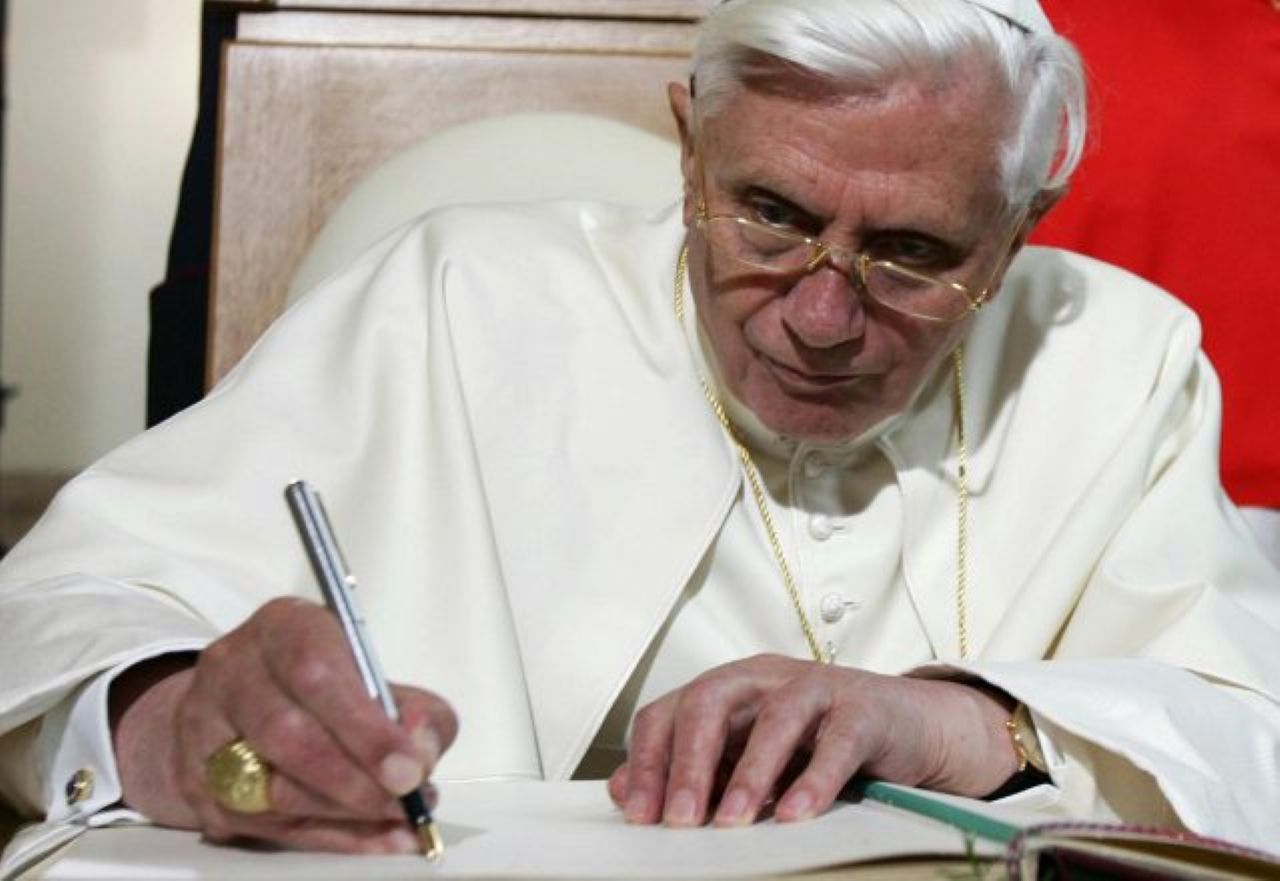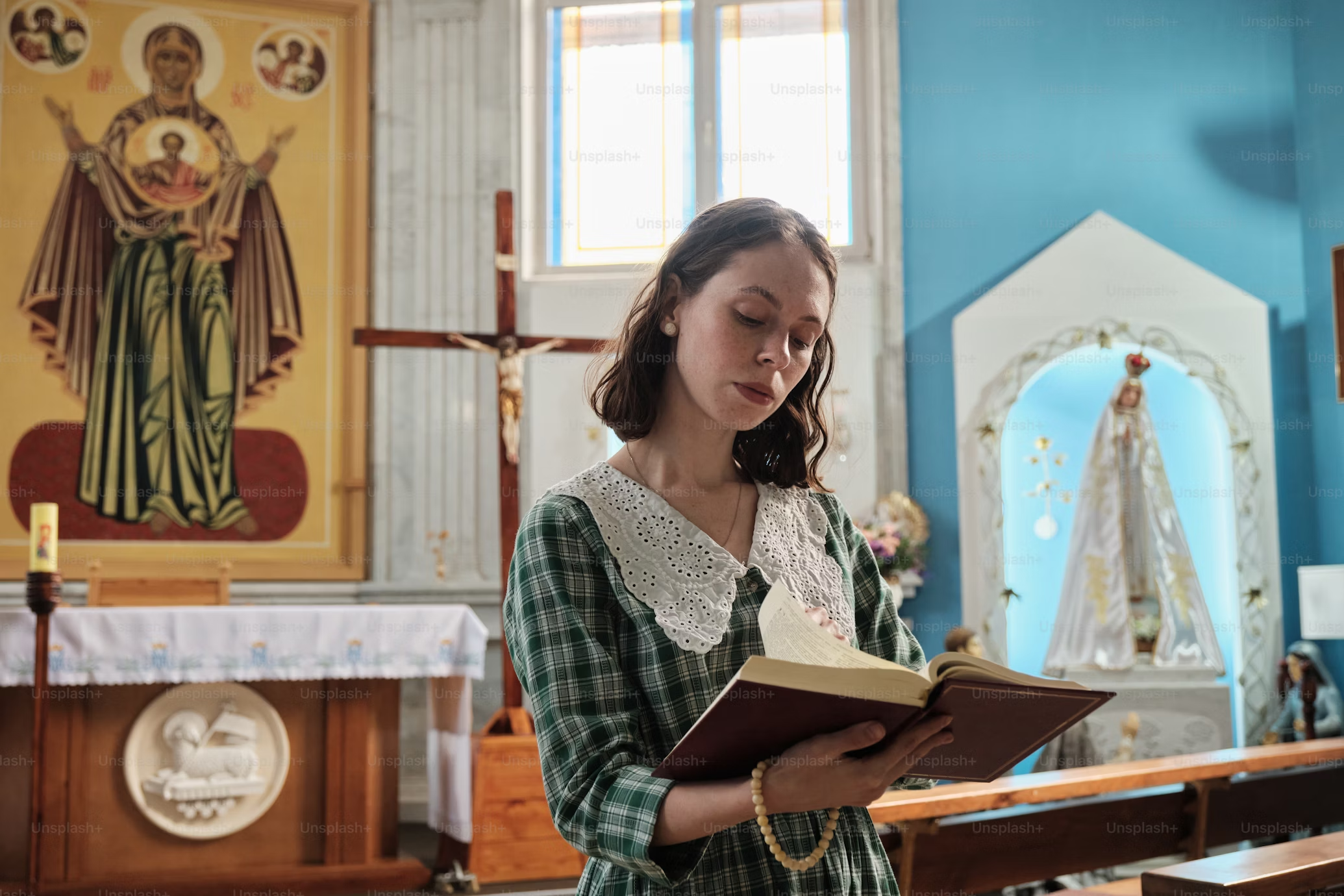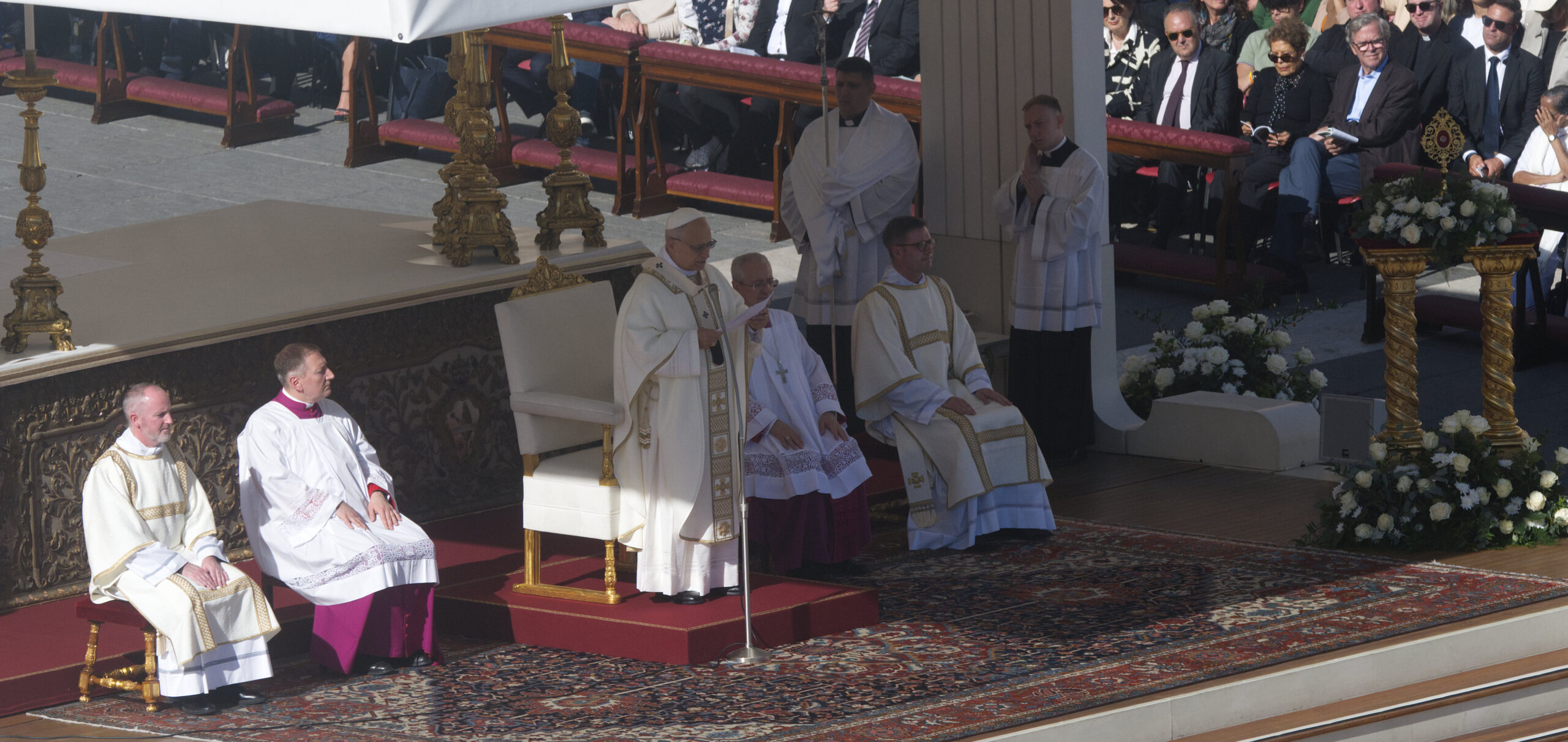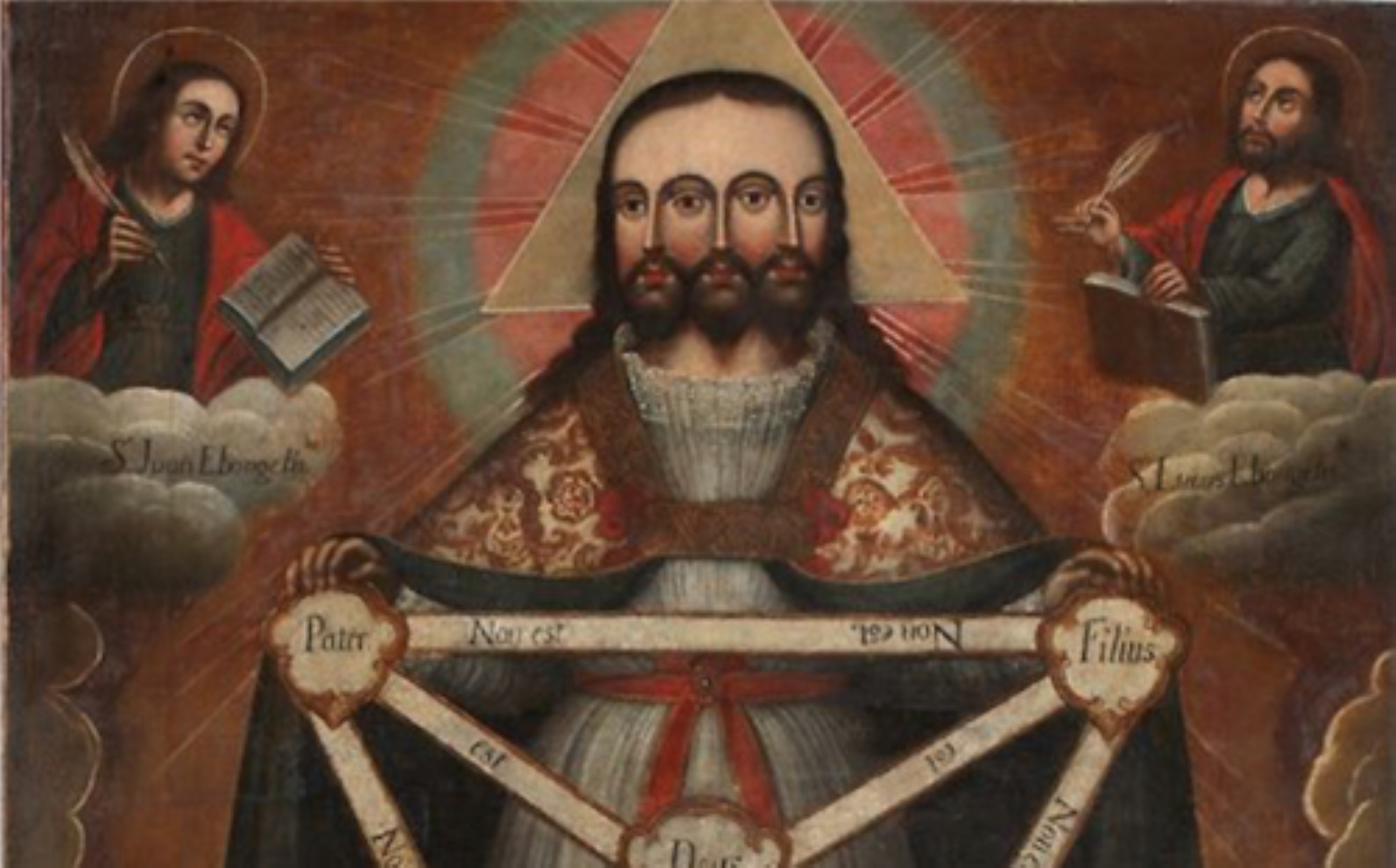(Cover image: Jerónimo Cósida (1570))
There is a silence that falls upon the soul when it stands before the Mystery of the Holy Trinity—not the silence of ignorance, nor that of fear, but the silence of love touched by the ineffable. For us Catholics, the name of God is not a mere philosophical abstraction but a lived Reality encountered in the form of Father, Son, and Holy Spirit—one God in Three Persons – revealed in the person of Jesus Christ. This is not a puzzle to be solved but a fire to be kindled in the heart.
The Holy Trinity is not given to us to be unravelled like a knot of logic, but to be adored, to be worshipped, to be entered into through the pierced Heart of the Crucified One.
To speak of the Trinity is to tremble on the edge of a cliff that falls into glory. It is to dare, as did the Church Fathers, to trace the eternal Love of the Father for the Son, a Love so real, so alive, that it is Himself the Holy Spirit. As St. Augustine would say, in a breath both intimate and cosmic, “The Lover, the Beloved, and the Love.” And yet even Augustine, the master of words, confessed his failure to contain this Mystery within the walls of syllables. He sought to understand so that he might believe more deeply—but never did he suppose that he could comprehend. He knew, as the saints know, that the Trinity is not an object to be studied from afar, but a communion into which the soul must be drawn, purified, and made luminous.
What is the Trinity, if not the Love from which all things flow and to which all things must return? It is not a mathematical absurdity but the divine music that sings creation into being. The Father is the Source, the Son the Word, and the Spirit the Breath that gives life to all. This is not speculation—it is revelation. The Trinity is revealed, not constructed; and it is revealed not in thunder from the heavens, but in the cry of a child born in Bethlehem, in the broken body of a man nailed to a Cross, and in the quiet fire of Pentecost that burns in the hearts of believers.
Let us be clear: the doctrine of the Trinity is not the Church’s embarrassing secret, the theological calculus whispered only among theologians. It is her heartbeat. The Cross makes no sense apart from the Trinity, for what was accomplished there was not merely a man dying for others, but the very outpouring of the Triune God’s love into the abyss of sin and death. When the Son cries out, “Father, into Your hands I commend my spirit,” He opens to us the inner life of God—a life that is gift, surrender, and eternal return.
Pope Benedict XVI once said that God is an infinite communion of love; He is pure relationship, pure act of love. And this is the heart of it: that at the origin of all things is not solitude, but communion; not cold force, but burning charity. The cosmos is not born of necessity or chaos, but from the overflowing excess of divine love. The Trinity is the explanation not of a problem, but of why anything at all exists—because Love desired another to love.
But who can speak of this and not feel the words crack beneath their own weight? Who can explain this Love and not be broken open by it? The Trinity is not an idea to which assent is given; it is the fire by which the saints are consumed. To believe in the Trinity is to be wounded by Love—it is to live, no longer for oneself, but to be drawn into that eternal movement of giving and receiving which defines God Himself. The Trinity, then, is not a solution—it is a summons. It calls us not to intellectual conquest, but to adoration. Not to mastery, but to surrender.
So we kneel. We do not grasp, but we receive. We do not unravel, but we are wrapped in the embrace of Father, Son, and Holy Spirit. In this embrace, the soul finds the origin and end of all longing. The Trinity is not a mystery to be solved, but a Love to be lived. And this Love, once tasted, ruins us for anything less.
For we were made not merely to know about God, but to dwell in Him—and He in us. And this is the final astonishment: that the same Triune God whose glory the heavens cannot contain, chooses to make His dwelling in the fragile temple of the human heart.












